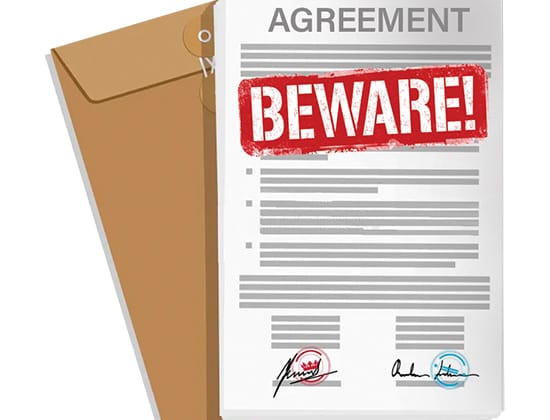
🚨 Beware: New ITR Norms Now Impose 200% Penalty for Fake Tax Claims
By Aaerm Law Associates | June 4, 2025
📰 Overview
In a significant move to curb tax fraud, the Income Tax Department has uncovered that over 90,000 salaried individuals have falsely claimed deductions under various sections of the Income Tax Act, causing an estimated ₹1,070 crore loss to the national exchequer. As a result, the department has tightened regulations for Income Tax Return (ITR) filings starting from Assessment Year 2025–26, especially targeting fake claims under popular sections like 80C, 80D, 80E, 80G, 80EE, and 80EEB.
🔍 Stricter ITR Filing Norms: What Has Changed?
To reduce tax evasion and enhance accuracy, the Income Tax Department has updated ITR-1 and ITR-4 forms with stricter disclosure requirements. The changes include:
➤ Section 80C
Taxpayers must now input policy numbers or document IDs for investment-linked deductions like LIC, PPF, NSC, and ELSS.
➤ Section 80D
Claims for health insurance now require the insurer’s name and policy number, leaving no room for vague declarations.
➤ Sections 80E, 80EE & 80EEA
Those claiming deductions on education and home loans must include loan account numbers, lender details, and sanction dates.
➤ Section 80EEB
For electric vehicle deductions, it’s mandatory to submit the vehicle registration number.
These steps not only reduce the chances of fraudulent claims but also bring increased transparency and accountability to the system.
🎯 Why These Changes? – The Core Objectives
These updates are part of a broader initiative to leverage the Annual Information Statement (AIS) and automated verification systems. The goals include:
- ✅ Eliminating fraudulent deductions by ensuring only claims with traceable, verified documentation are accepted.
- ✅ Promoting accountability by requiring detailed disclosures from taxpayers.
- ✅ Improving compliance through tighter scrutiny and digital cross-checking against AIS and Form 26AS.
⚠️ The Cost of Non-Compliance: Heavy Penalties Ahead
The consequences for submitting false information in your ITR can be extremely severe. Taxpayers who fail to comply may face:
- 🚫 200% penalty on the tax amount related to fraudulent deductions.
- 💸 24% annual interest on the unpaid tax amount until cleared.
- 🧑⚖️ Criminal prosecution under Section 276C, including possible imprisonment for willful tax evasion.
Clearly, the department is taking an aggressive stance to protect public revenue and punish deliberate evasion.
📋 How to File Safely & Stay Compliant
To avoid penalties and ensure a smooth tax filing experience, follow these essential steps:
✅ 1. Maintain Proper Documentation
Keep a digital and physical record of all investment proofs, policy certificates, and loan details. These will be required as supporting evidence.
✅ 2. Cross-Check AIS & Form 26AS
Before filing, verify that your income, deductions, and TDS details match the Annual Information Statement (AIS) and Form 26AS available on the Income Tax Portal.
✅ 3. Use the Prefilled ITR Utility
Utilize the latest ITR-1 or ITR-4 forms, which now include prefilled data to ease the process. However, review them thoroughly to correct any discrepancies.
✅ 4. File Updated Returns If Needed
If you discover an error after submission, you can file a corrected return using ITR-U under Section 139(8A).
✅ 5. Seek Professional Help
When in doubt, consult a chartered accountant or a tax consultant to ensure compliance with the updated norms.
💡 Key Takeaways for Taxpayers
- These changes are not just cosmetic—they are a clear indication that the government is building a robust, data-driven tax ecosystem.
- The window for vague or false declarations has effectively closed.
- Being proactive, transparent, and meticulous in your tax filings is now more important than ever.
📌 Final Thoughts
India’s tax regime is moving toward digitization and transparency, and the new ITR norms for AY 2025–26 reflect this evolution. These stricter guidelines, paired with severe penalties for non-compliance, signal a zero-tolerance policy for tax fraud.
At Aaerm Law Associates, we advise taxpayers to stay informed, stay compliant, and take professional guidance if necessary. Doing your taxes right today can save you from legal complications tomorrow.
